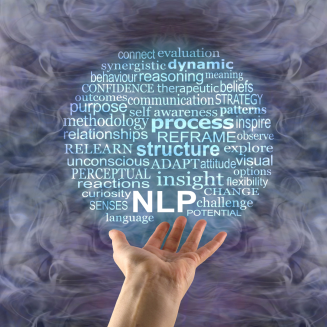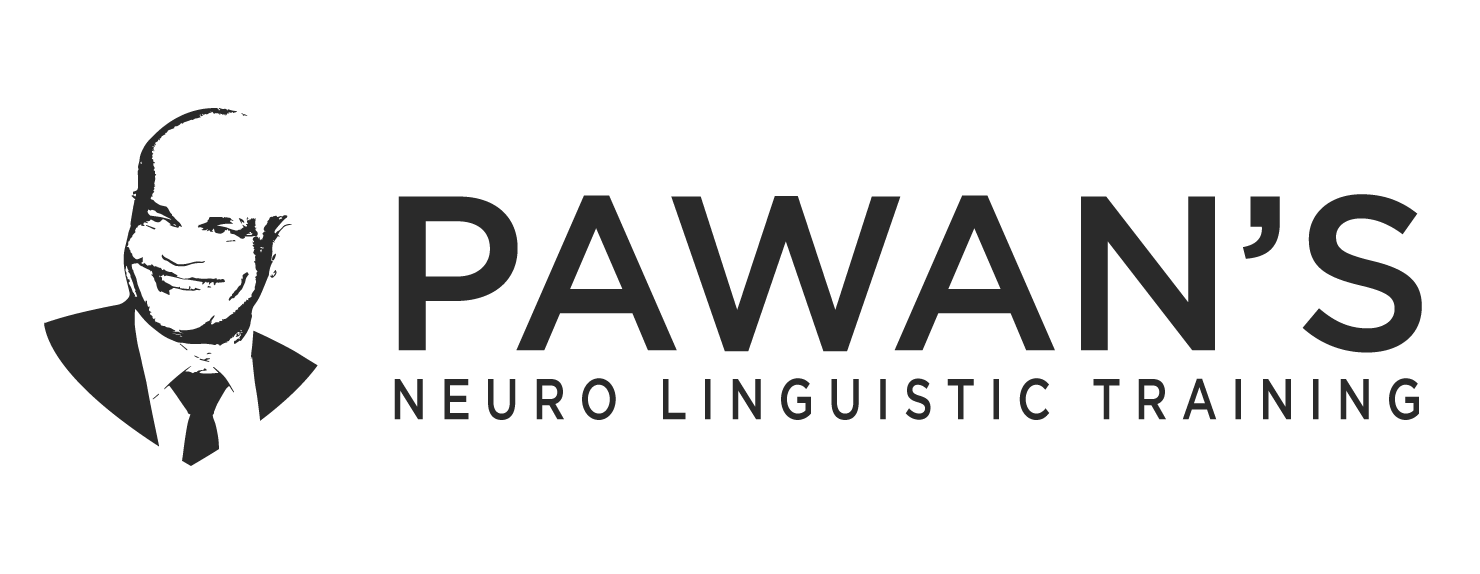
Business NLP Practitioner
A Business NLP Practitioner is an individual who has undergone specialized training in Neuro-Linguistic Programming (NLP) techniques and principles, with a focus on applying these skills to enhance various aspects of business and professional life.
Achieving Business Excellence with NLP
Building a career, getting an interesting job, and finding opportunities to progress are important to most people. After all, you spend a huge amount of time at work. You hope that your career brings personal development, fulfillment, and, of course, the means you need to live a comfortable life. Yet some-times your working life falls short of your expectations and hopes. Making a success of your working life and achieving your professional goals and dreams depends on more than your qualifications, experience, and job-related skills.
These days, getting on at work relies on exceptional communication skills and the ability to flex and change continually.
Understanding the principles and tools of neuro-linguistic programming, or NLP, can help you become an excellent influencer, as well as acquire the self-awareness and techniques to adapt and change to achieve your aspirations. If you’re ready to take charge of your life at work – and to stop allowing your fortunes to be dictated by bosses, colleagues, employers, customers, or anyone else – then this book is a good place to start.
The scope of NLP extends beyond business-specific skills and techniques and has led practitioners to develop many other ways of describing NLP’s essence.
Some definitions focus on NLP’s strength in the area of communications and define NLP as:
✓ The art and science of communication.
✓ A communication model based on working with patterns of thinking, language, and behavior.
✓ The key to successful communication.
✓ A set of powerful influencing strategies.
Other definitions are concerned with excellence and define NLP as:
✓ A behavioral model of outstanding talent.
✓ A methodology for replicating behavior that generates exceptional results.
✓ A user’s manual for the brain.
Still other definitions focus on achieving goals, considering NLP as:
✓ A process by which you can achieve what you want in life.
✓ An attitude of mind.
✓ Skills and techniques for designing and creating your future.
✓ The difference that makes the difference.
As you can see, NLP can be many different things to many different people – from a science to an attitude.
In my experience, people who learn about NLP take what they want from the wealth of available insights and techniques.
How you define NLP after you begin your journey of discovery is entirely up to you.




Enhancing interpersonal effectiveness
Modern-day business success demands not only good interpersonal skills
but also exceptional powers to influence and persuade.
The need for communication pervades all business activities:
✓ Within the business. People need to work together, cooperate, negotiate-ate, influence, inspire, and motivate others to get the job done.
✓ With customers. Good customer service is critical to keeping competitive advantage. Paying close attention to customers’ wishes and communicating in ways that have meaning to customers are essential.
✓ With the market at large. Getting your message across effectively to prospective buyers and managing communication through broadcast and online media are constant challenges.
✓With others. Communicating with and influencing stakeholders, including shareholders, financiers, community groups, and others, is extremely important. Good supplier relationships are also critical for success.
In their early analysis of highly effective therapists (see the sidebar, ‘The origins of NLP’), Richard Bandler and John Grinder identified a range of key underlying patterns of communication that are critical to success. From this initial research, they developed models – representations of what excellent influencers were doing – that generate both personal change and highly influential communications.
The models for greater interpersonal influence appear largely in Parts II and III of this book and cover the key themes of:
✓ Developing awareness of yourself and others
✓Building rapport
✓Influencing
✓Handling emotion
Understanding differences between you and others
The journey to becoming an exceptional communicator starts with discovering and understanding your own patterns of thinking. These patterns drive the way you feel, act, and react. Everything you’ve experienced in your life – and the way your brain has filtered this information – determines what you think, believe, value, and feel. To find out more about the unconscious mind and its filtering process.
Right now you may not be aware of many of your habitual ways of thinking, evaluating, and making decisions. But your unconscious mind is steering you. Find out how to identify your patterns from the language you use and the
things you do….
Guess what? Other people aren’t like you! While some people may resemble you, others don’t at all. NLP adopts the principle that all people have different maps of the world. Even when two people share an experience, they notice different things, have different responses, and store different memories.
Business NLP Practitioners are valuable assets to individuals and organizations seeking to enhance their effectiveness, leadership skills, and overall success in the business world. They offer a unique blend of NLP techniques and business acumen to drive positive change and growth.


